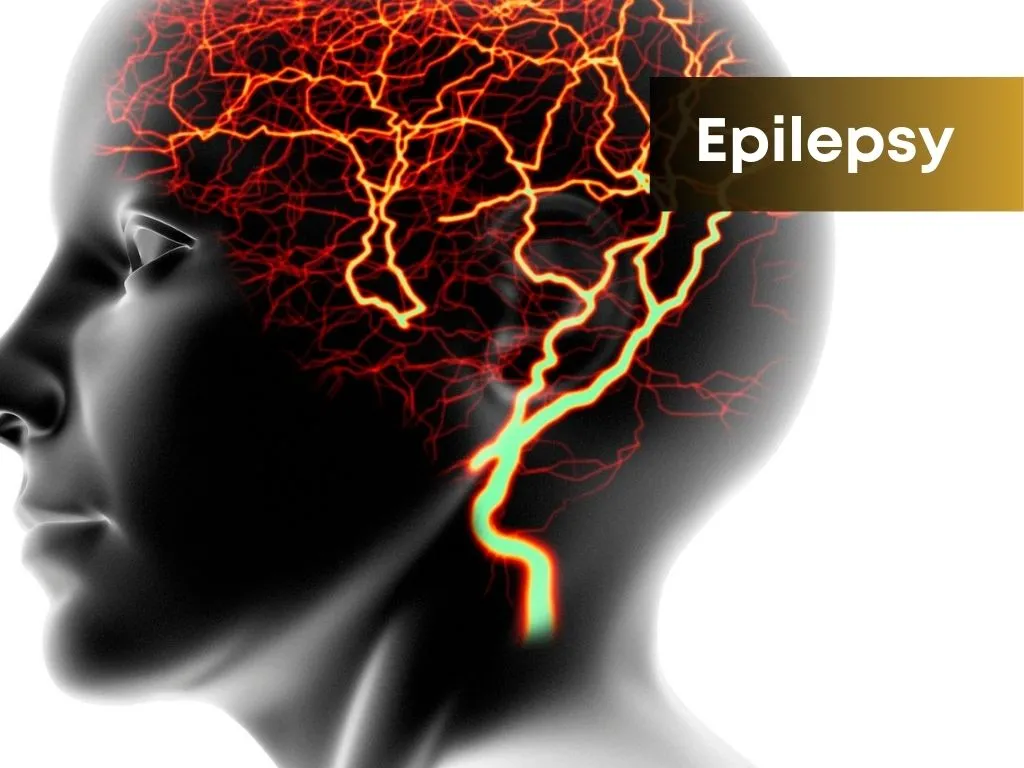Overview
Obsessive-Compulsive Disorder (OCD) is a mental health condition characterized by two main components: obsessions and compulsions.
Obsessions: These are intrusive, unwanted thoughts, images, or urges that repeatedly occur in a person's mind. These thoughts are often distressing and cause anxiety or discomfort. Common obsessions include fears of contamination, fears of harming oneself or others, concerns about symmetry or orderliness, and intrusive taboo thoughts.Compulsions: Compulsions are repetitive behaviors or mental acts that individuals feel driven to perform in response to their obsessions. These actions are aimed at reducing the anxiety or distress caused by the obsessions or preventing a feared event or situation. Compulsions may include behaviors like excessive cleaning or handwashing, repetitive checking, arranging or organizing objects in a specific way, or mental rituals like counting or praying.
Causes
GeneticsBrain Structure and FunctionEnvironmental FactorsCognitive FactorsBehavioral Conditioning
Symptoms
Obsessions:
Recurrent, intrusive, and unwanted thoughts, images, or urges that cause significant distress or anxiety.Fear of contamination or germs.Concerns about safety, harm, or the well-being of oneself or others.Intrusive thoughts of a violent, sexual, or taboo nature.Fear of making a mistake or causing harm due to negligence.
Compulsions:
Excessive handwashing, cleaning, or grooming rituals.Checking and rechecking things Counting, arranging, or organizing objects in a specific way.Repeating certain words, phrases, or prayers silently or aloud.Touching or tapping objects a certain number of times.
Other symptoms:
Feelings of guilt, shame, or embarrassmentImpairment in social, occupational.
Treatment: Modern Medicine
Cognitive-Behavioral Therapy (CBT):
Exposure and Response PreventionCognitive Therapy
Medication:
Selective Serotonin Reuptake Inhibitors (SSRIs)Tricyclic Antidepressants (TCAs)
Treatment: Traditional Medicine
Herbal supplementsDietary changes
Caution
Avoid self-diagnosisBe cautious with self-treatmentBe aware of potential triggers
Prevention
Early interventionManage stressEstablish healthy routinesAddress underlying mental health issuesAvoid substance abuseBuild resilience
 Nalamaree Team
Nalamaree Team

.jpg.webp)



















.jpg.webp)
